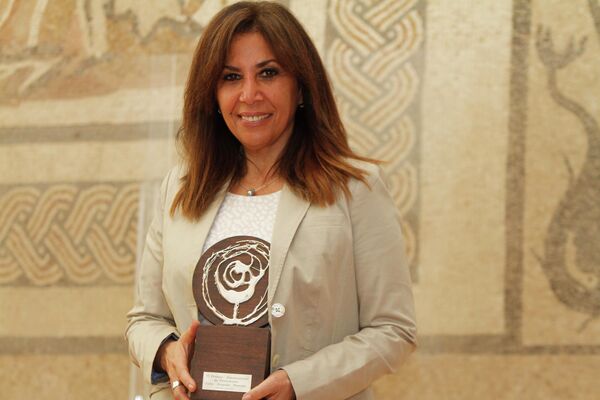CAIRO, December 31 (Shahira Amin for RIA Novosti) - Six months into his presidency, as a New Year starts, President Mohamed Morsi finds himself facing tough decisions that may cause his declining popularity to diminish further.
A battle over a new Islamist-backed constitution has widened the rift between Morsi's Islamist supporters and liberal opponents, deepening polarization in a country wracked by political turmoil and intermittent violence.
The Islamist government may have won the “constitutional battle” with the new charter approved by a majority 64 percent yes-vote, but it still faces a defiant opposition, a wave of government defections and a looming economic crisis.
Morsi's political rivals have refused to accept the result of the popular referendum, vowing to fight until the divisive constitution is annulled. Facing investigations for plotting to overthrow the President, members of the main opposition bloc, the National Salvation Front (NSF) are mulling an offer by President Morsi to join him in national unity talks.
After talks on Thursday with members of the April 6 Movement (one of the revolutionary groups that planned and participated in the mass uprising that toppled Hosni Mubarak two years ago), the Head of the Constitution Party Mohamed El Baradei (also a prominent NSF member) said that he recommends that a national salvation government and expert committee should re-write the constitution.
Revolutionary activists meanwhile are calling for “a second revolution,” on the anniversary of the January 2011 mass uprising to protest what they allege was a vote marred by fraud and numerous irregularities.
This, despite assurances from the Head of the Supreme Electoral Commission Samir Abou el Ma'ati that all the accusations of fraud and irregularities were investigated, and results from polling stations where violations had taken place – discarded.
The resignations of several high profile government figures in recent days, signals there may be differences over government policies ahead of a planned cabinet reshuffle next week.
Minister of Communications Hany Mahmoud and Parliamentary Affairs Minister Mohamed Mahsoub both quit their posts last week citing “work-style incompatibilities.”
Morsi-appointed Coptic MP Nadia Henry, who represented the Evangelical Church in the Shura Council (upper house of parliament), also resigned on Thursday, saying the Islamist-dominated council was not representative of Egyptian society.
In a bid to win over his opponents and broaden his support base, Morsi appointed 90 new members (including liberals and Christians) to the Upper House last week. The new constitution gives the council legislative authority until the lower house or People’s Assembly is elected early next year.
Furthermore, Prosecutor General Talaat Abdalla (appointed by President Morsi earlier this month) resigned last week saying he would assume his previous post as a judge.
His appointment, replacing the Mubarak-appointed Prosecutor General Abdel Meguid Mahmoud, sparked a standoff between the President and judges of the Supreme Judicial Council who described the move as “a blow to the judiciary system.” Abdalla resigned after hundreds of magistrates staged a sit-in outside his office demanding that he step down.
A few days later however, he revoked his resignation, a decision that has angered the judges who demand that Prosecutor General Abdel Meguid Mahmoud be reinstated.
The political turbulence has kept tourists and foreign investors at bay, undermining efforts to prop up the faltering economy. Last week, Standard & Poor’s cut Egypt's long-term credit rating, saying another cut was possible if the political unrest continues.
Egypt’s budget deficit is in double digits, but a crucial $4.8 billion IMF loan has been put on hold until January. While the loan is vital to shore up government finances, unpopular measures on taxation and spending are required before the IMF can approve it.
The government last week announced increases in sales tax on alcoholic beverages, cigarettes, car licenses, and quarrying permits but withdrew the price hikes hours later to avert further street protests.
The government also put a $10,000 limit on the amount of foreign currency travelers can carry in or out of the country at any one time. This move was intended to halt capital flight after an increase in the number of people withdrawing their savings from banks due to the political instability.
With a cabinet reshuffle expected next week and parliamentary elections slated for February, liberals and Christians are hoping that the Islamist monopoly over power may be broken paving the way for greater diversity and better representation of non Islamists in government.
Meanwhile Morsi has repeatedly appealed to Egyptians to “set aside their differences and unify ranks.”
Addressing the nation after the adoption of the new constitution, Morsi said that “it is time for all political forces to start working together to achieve stability in the interests of the nation.”
“There is no alternative to a dialog that is now a necessity,” he added.
The ball is now in the opposition’s court.
Shahira Amin is an Egyptian journalist, the former deputy head of Egyptian state-owned Nile TV and one of its senior anchors.



